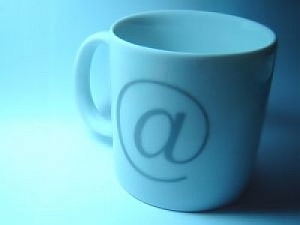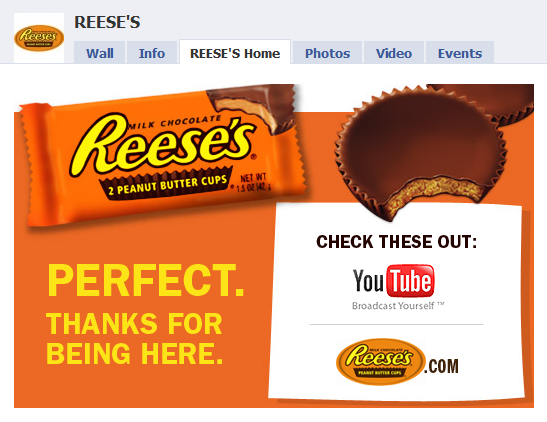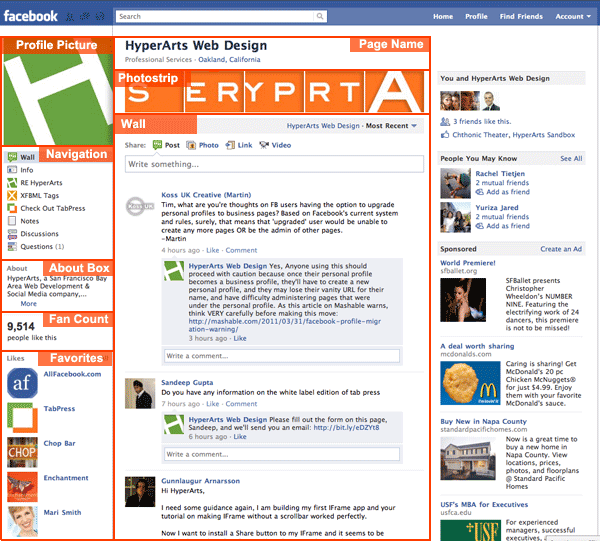 My ever-so-brilliant BFF wrote an interesting piece about whether blogs should be a primary marketing initiative or if email newsletters should still be in play. Lisa’s question was prompted by a blog post by Dawud Miracle which poses the same question. And Yaro Starak believes he has the answer: no.
My ever-so-brilliant BFF wrote an interesting piece about whether blogs should be a primary marketing initiative or if email newsletters should still be in play. Lisa’s question was prompted by a blog post by Dawud Miracle which poses the same question. And Yaro Starak believes he has the answer: no.
I’m with ya, pal. Lisa writes about how Bruce Clay has both a blog and a newsletter. She says that the newsletter (surprisingly!) has more readers than her oh-so-personable blog. Surely, you’d think more people want to read Lisa’s humor and wit. I sure do.
But Lisa has a point. And yesterday I had a phone conversation with Gary Price about how podcasters are so immersed in their shows that they lose sight that the average person is not familiar at all with podcasting technology. To be completely frank, I still have doubts about the lifespan of podcasts and think that the multimedia overload is still too much to handle. (That doesn’t stop me from making occasional guest appearances on one social media podcast, though.)
This analogy relates to blogging because we bloggers are in a similar boat. If we’re trying to target a more technologically savvy audience, we’d hit the blogs. But the average computer user does not check a blog on a regular basis and does not understand how (or want) to use an RSS reader. These aren’t stupid computer users; the technology simply isn’t as mainstream as we think it is. Many people are still afraid to experiment with the newer RSS technology, despite their incredible reach of power and ease of access. Therefore, having a blog and focusing on email may be just the right recipe to attract your audience. It depends on what they want, and some people’s desires are different than your own.
Lisa summarizes it rather nicely when she says the following:
I think that when used in tandem, blogs and newsletters are actually really great complements to one another. Why weaken your Internet marketing message by using only one?
I’m with ya too, BFF. If your message is being well received by a good number of individuals who are not visiting your blog, you should continue to accommodate them. If you’d survey your blog readership versus your email readership, chances are you’ll see big differences in the types of readers who opt in for traditional email marketing versus those using RSS readers. And chances are, my assessment that RSS readers are not as technologically savvy is not incredibly far off.
I don’t maintain an email list nor do I intend to start one. But for those who have been considering choosing one over the other, I urge you to reconsider and remember that your users come in many different shapes and sizes, and they should always come first.





Hey, Tamar. Very timely post as this is a question we’ve been debating lately at SureHits. I’ve actually been on the other side, essentially arguing that the newsletter feels outdated and archaic. I’ve also had a tough time writing for it. But, I can see the point — many of our customers do not have the time or inclination to read blogs but they might read our newsletter since they know us.
On the other hand, I hate being wrong about this!
This is such an interesting question. My own feelings is that e-newsletters are outdated because there’s much more efficient and effective methods for delivering information now – especially with RSS. Yet, it’s necessary to still have and use a newsletter list because many folks haven’t caught up with technology yet.
I feel we depend on email way too much. But that’s going to change in the coming years. New devises, new technologies and adoptions of current ones will help people get out of their inbox and into more social, consumer controlled methods of finding information. Ultimately this should lead to a great change in how marketing takes place.
I’m probably one of the few people who actually ignore traditional email advertising (I have opted out from all but 5-6 newsletters of over hundreds in the past few years), but not everyone is like me. In fact, most people are afraid to embrace change and we shouldn’t leave them behind. Otherwise, they may seek out new avenues to obtain the same information you may be providing, and you’d lose a substantial user base.
I am hoping that people take the social route; it is my kind of technology. But I don’t see it happening that soon.
Coming from an intirely different market niche, agriculture and gardening, I would have to say that email still needs to play a prominent role. In fact many companies don’t even go after email addresses to build up a list. I can’t imagine more than 1 in 100 of our customers even knowing what an RSS reader is much less using one.
On the other hand I am beginning to see the power of Web 2.0 and how change is upon us. Therefor I am commited to getting our websites set up as a place to build community so blogs are in as well.
Jon
Feedburner allows you to invite readers to subscribe to your blog content by e-mail, and then send each post to them. I think it’s a really great way to “marry” blog and newsletter (though you lose the difference in writing style, I have to admit). If you want to see what it looks like there is a little “subscribe by e-mail” form in my sidebar.
Yay! Great topic!
I think the answer to this question is the same one we give for more traditional marketing — it depends on the target and how they consume media and marketing messages.
It goes beyond that, tho, into product type: a person will buy, say, furniture via email (trust is high when the brand is known, etc), but the same person will be alarmed by banking offers via email (because of the well-known spam and phishing issues).
The lovely thing about email marketing is that your target will typically tell you, through opt-out or click-through, whether he or she is an email buyer. Unlike marketing in print, TV, radio, etc, where effectiveness is less clear.